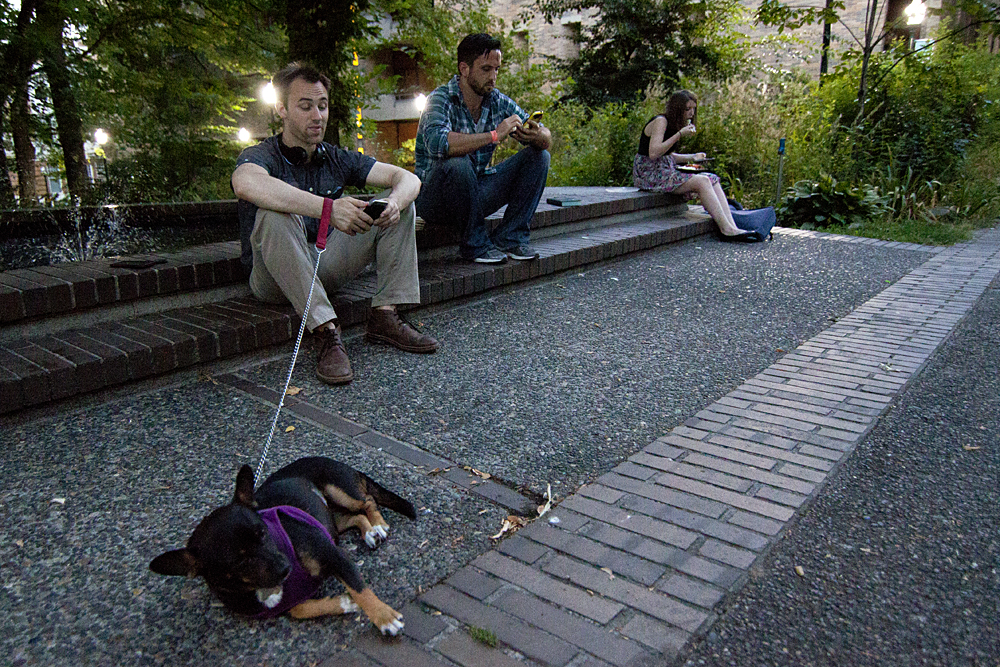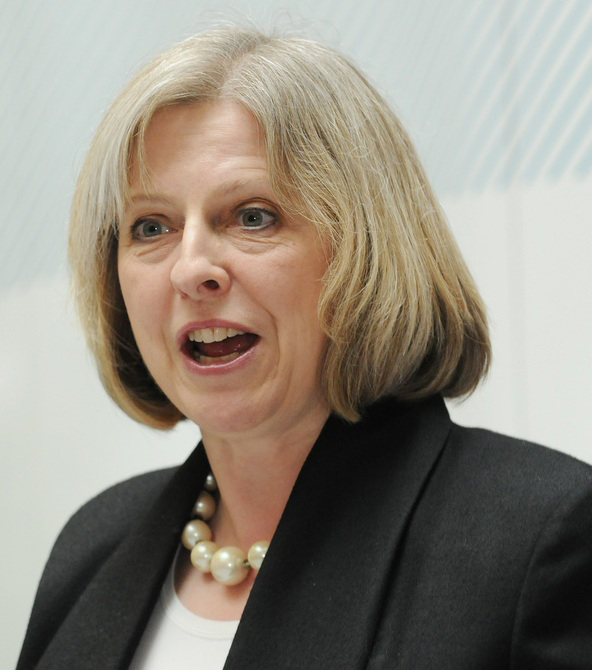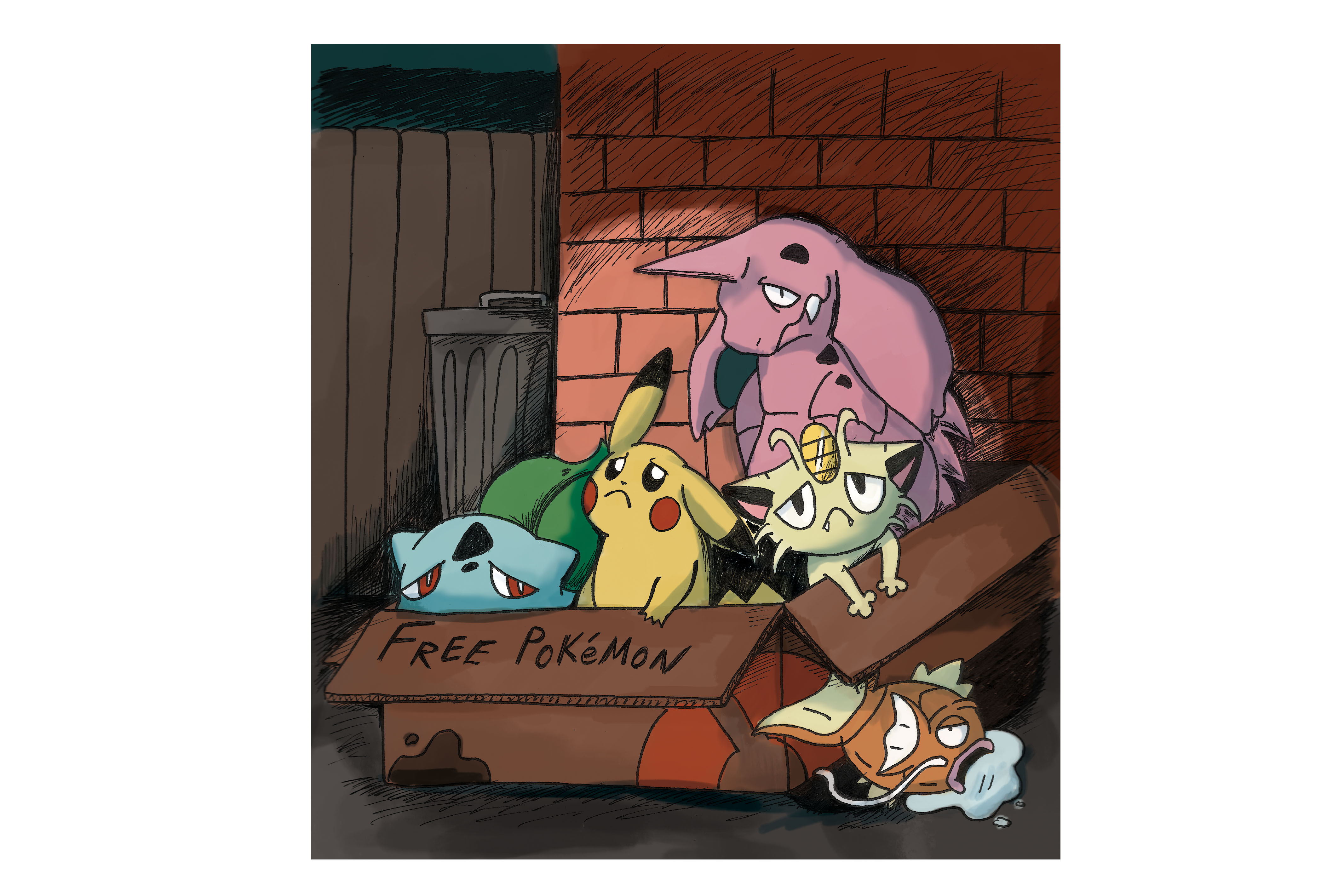Pokemon Go may leave its player base glued to their screens, but the augmented reality mobile game has brought a horde of students out of their dorms to explore campus, talk with each other and—most importantly—catch Pokemon. Developed by Niantic, Inc., the game was released in the U.S. on July 6 and has since attracted a massive following both on campus and beyond.
Jeffrey Warner, a social science major at Portland State, first heard about the game online a month or two ago.
“I actually have run into a couple new people that I ended up talking with, making friends with,” Warner said. “They lived in this building which was also convenient, but we ended up talking about Pokemon.”
The Vanguard interviewed students about their experience with Pokemon Go.
The campus Pokemon gym, a location where players can leave Pokemon to battle one another, has brought a lot of people to PSU, he added.
“I don’t know if people really anticipated liking as much moving about to find [Pokemon], but I think that’s another feature that people ended up liking,” Warner said.
Some of his most eagerly anticipated features that have not yet been added to the game are trading and one-on-one battles between players, he added.
Some companies on campus have even caught on to the trend by offering discounts to Pokemon Go players, according to Warner.
The game has helped some students make new friends by virtue of being something of a conversation starter, according to Jacob Simeoni, a PSU student studying computer science and political science.
Lure modules, items in the game that attract Pokemon to a single spot, are one aspect of the game that help facilitate this, he explained.
“It’s not just a Pokemon lure, it’s a people lure, too,” Simeoni said. “People come and you get to make new friends while you do that.”
The game has helped to make PSU’s community more social, accepting and open to conversation, he added.
“In the ’90s, I loved Pokemon,” Simeoni said. “I would make all my decisions—if I wanted toast or soup, which one would take longer—so I could play more Pokemon.”
According to Simeoni, playing Pokemon games in high school made him realize that his appreciation for the franchise never went away. Pokemon Go’s popularity has helped rekindle nostalgia for the series in a lot of fans, he added.
Sebastian Birsa, owner of SimpleIT Professionals—an information technology company—was drawn to campus by Pokemon Go on a visit to Portland from Las Vegas.
“So I’m going through the park and then there is a spot…where about 10 people are gathered and someone paid actual money to make Pokemon appear faster,” Birsa said.
The large number of landmarks around campus and large number of young people make campus an epicenter of sorts for Pokemon Go gameplay, he added.
“I don’t know about you, I grew up and I did a few things,” Birsa said. “I played with a yoyo, I played Magic: The Gathering, I played Pogs and I played the shit out of Pokemon Blue.”
The nostalgia associated with Pokemon games, combined with the easy accessibility of a mobile game have played a significant role in bringing about the game’s popularity, according to Birsa. Ingress, one of Niantic’s earlier mobile games, did not see as much success because it lacked an influential piece of intellectual property like Pokemon to help establish itself, he added.




